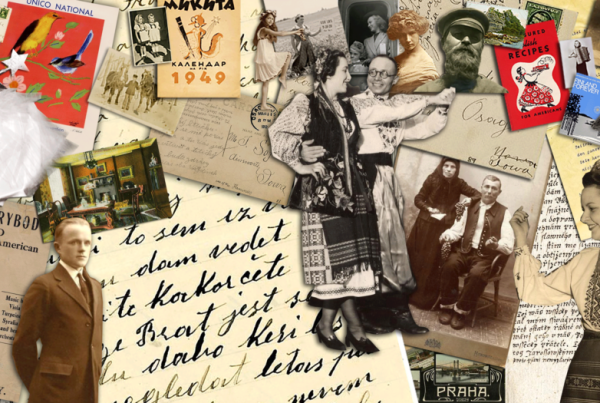By Allison Campbell-Jensen
Opening all aspects of publishing to Black people and people of color, bringing everyone into the arena, and putting the responsibility of education about racism on everyone — including white people — were among the recommendations during Amplifying Black Narratives: Black Publishers and Bookstores.
The Oct. 28 panel discussion was the second in a three-part Friends Forum series sponsored by the Friends of the University Libraries.
‘Just how white publishing is’
In the 2019 Diversity in Publishing survey by Lee & Low Books showed that 76% of those in publishing overall were white; 78% of publishing executives were white; and 85% of editorial roles were filled by white people. In the face of these structural disparities, Kate McCready, Interim Associate University Librarian for Content & Collections, asked the three panelists what they hope to achieve in the next year or two.
Rekhet Si-Asar is Executive Director of In Black Ink, a nonprofit that seeks to create spaces where intergenerational stories about Minnesotans of African heritage can be shared, documented, and archived. She called for increasing the number of Black publishing arts professionals in all roles — not just authors, but also Black editors, graphic artists, proofreaders, and “marketing folks, who decide where books will be featured.”
“We do need more agents and editors who recognize our stories,” said Mélina Mangal, author of the award-winning “The Vast Wonder of the World: Biologist Ernest Everett Just” and school librarian. She also noted that gaining entry to the publishing world often has required serving in problematic unpaid internships; there’s an increasing emphasis on paid internships but there needs to be more.
“It’s difficult to get people to understand just how white publishing is, especially when you’re trying to fill bookshelves,” said Dionne Sims, founder of Black Garnet Books. She founded the bookshop (currently online but expecting to be bricks and mortar soon) as a response to state violence against Black people, as well as the purposeful exclusion of people of color from the literature community. She has engaged in grassroots networking to find the books by Black and brown people that she wants to sell.
Removing other barriers
Another issue that institutions like schools and universities face, Mangal said, is the limitation on the book vendors that librarians can use. Purchasing needs to open up to “voices we couldn’t hear otherwise,” to authors who publish independently and smaller publishers. “Doors are opening but not wide enough,” she said.
Si-Asar called for recognizing the diversity of Black and African heritage cultures that exist — that one or two titles cannot reflect the whole. She also noted that Black authors write not just for themselves but for all — “it’s a window to another world that co-exists with you.” Mangal noted the need to “normalize” Black-told stories as not just diverse but as regular stories. “Our world is us — it’s all of us.”
Sims has found an expectation, especially from white people, that anti-racism work rests on Black and brown people. She has curated lists of books and yet gets the impression that this is not enough. She encouraged everyone to recruit Black and brown people on their teams and in their spaces, not with just an annual push but with an “insistent intentionality.” Also urging librarians to do their own work on race and bias was Mangal.
Authentic voices
Staying true to your story as you hear it and feel it is important, Mangal said. She previously worked for a couple of years on a book with an agent before realizing she had lost her voice in the process.
“Find an editor who can relate to what you say,” she advised, while noting that search can take time. Visualize who you want to reach, Mangal said, and recognize your options.
For librarians, inclusive training and seeking out sources for Black authors should be priorities, the panelists said. Black-owned bookshops and publishers for Black narratives in the Twin Cities area include Black Garnet Books, Mind’s Eye Comics in Burnsville, Babycake’s Book Stack mobile bookstore, and Strive Community Publishing.
Intentionally opening up publishing and purchasing systems will make a difference for everyone.
The next Amplifying Black Narratives: The Creation of Black Narratives takes place Nov. 18, online, starting at 7 p.m.



